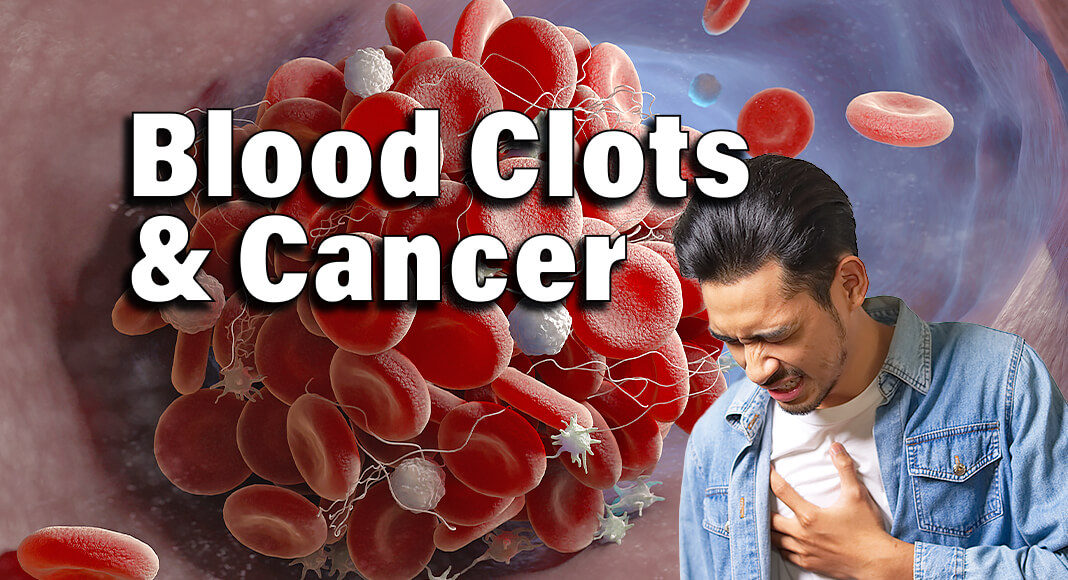
Mega Doctor News
If you are currently being treated for cancer, it is important to know that you are at increased risk for developing a blood clot. The good news, though, is blood clots may be preventable and treated if discovered early.
While everyone is at risk for developing a blood clot (also called venous thromboembolism or VTE), having cancer and some of its treatments increase the risk for a blood clot. Learn other interesting facts about blood clots below.
Why Are People with Cancer at Risk for Developing a Blood Clot?
- Some cancers pose a greater risk for blood clots, including cancers involving the pancreas, stomach, brain, lungs, uterus, ovaries, and kidneys. Certain blood cancers, such as lymphoma and myeloma, also increase risk.
- Treatments for these cancers involving hospitalization, surgery, chemotherapy, hormonal therapy, and catheters (small tubes placed in veins to administer treatments) may also increase your risk for blood clots.
Several other factors may also increase the risk for a blood clot in a person being treated for cancer, such as
- A previous blood clot
- Family history of blood clots or inherited clotting disorder
- Hospitalization for illness or major surgery, particularly those involving the pelvis, abdomen, hip, or knee
- Broken bone or severe muscle injury
- Severe physical trauma, such as a motor vehicle accident
- Serious medical conditions, such as heart and lung diseases or diabetes
- Sitting too long, such as traveling for more than 4 hours, especially with legs crossed
- Other causes of immobility, such as extended bedrest
- Being overweight or having obesity
- Smoking
Take Steps to Protect Yourself from Blood Clots During Your Cancer Treatment
- Know the signs and symptoms of blood clots. Discuss your risks with your cancer doctor.
- A blood clot occurring in the legs or arms is called deep vein thrombosis (DVT). Signs and symptoms of a DVT include
- Swelling of the affected limb
- Pain or tenderness not caused by injury
- Skin that is warm to the touch, red, or discolored
- A blood clot occurring in the legs or arms is called deep vein thrombosis (DVT). Signs and symptoms of a DVT include
If you have these signs or symptoms, alert your cancer doctor as soon as possible.
- A blood clot in the legs or arms can break off and travel to the lungs. This is called a pulmonary embolism (PE), and can be life threatening. Signs and symptoms of a PE include
- Difficulty breathing
- Chest pain that worsens with a deep breath or cough
- Coughing up blood
- Faster than normal or irregular heartbeat
Seek immediate medical attention if you experience any of these signs or symptoms.
- Talk with your cancer doctor and other healthcare providers about factors that might increase your risk for a blood clot. Let them know if you or anyone else in your family has ever had a blood clot.
Open the document below to learn more about blood clots:
Information Source: CDC









